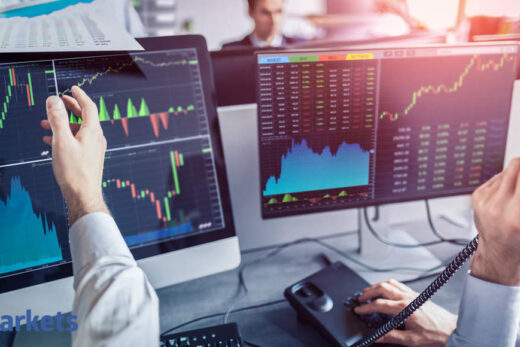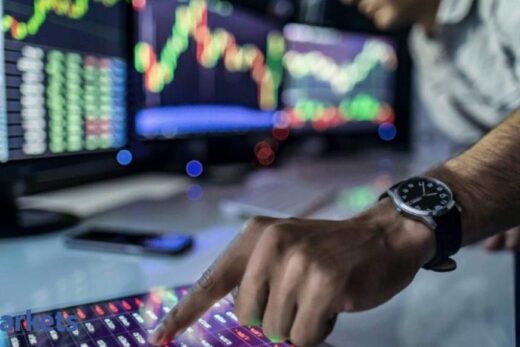Futures for Eurostoxx 50 were flat as were those for Germany’s DAX while London’s FTSE futures were a shade weaker. E-mini futures for the S&P 500 were barely changed.
The mood was relatively upbeat in Asia where MSCI’s broadest index of Asia-Pacific shares outside Japan reached its highest since March 18, despite a late sell-off in Chinese shares.
“Markets have priced in the pandemic as a sprint and not a marathon. That premise could come under stress in the weeks to come,” said Jeffrey Halley, senior Asia-Pacific market analyst for OANDA.
Fears surging COVID-19 cases in India will drive down fuel demand in the world’s third-biggest oil importer put pressure on oil prices on Monday after they fell about 1% last week.
China’s blue-chip CSI 300 index fell 0.7% after hitting its highest level since April 6 earlier in the day. Australia’s benchmark share index was off 0.2% with a public holiday in five of the country’s eight states and territories.
South Korea’s KOSPI share index rose 0.7% while New Zealand shares added 0.6% and Japan’s Nikkei reversed early losses to be up 0.4%.
So far, risk assets such as equities have done well, with the MSCI ex-Japan index on track for a third straight year of positive returns. Since April 2020, the index has offered positive returns in all but three months.
Recent data pointing to a solid global economic recovery had bolstered confidence in risk assets.
Early April manufacturing activity indicators out last week pointed to a robust start to the second-quarter with data hitting record highs in the United States and signalling an end to Europe’s double-dip recession.
First-quarter U.S. gross domestic product data due later in the week is likely to show activity probably returned to pre-pandemic levels, analysts said.
“We estimate that the economy will close the output gap and rise above potential in the second half of this year,” ANZ economists wrote in a morning note, suggesting more upside for shares.
Europe “cannot match this, but as 2021 progresses into 2022, the growth differential to the U.S. will narrow.”
That said, some economists say the market could hit a soft patch in coming months reflecting concerns ranging from rising COVID-19 cases and worries that most of the benefits from massive fiscal stimulus have already been priced in.
“Stated differently, this may be the last quarter where companies can avoid being penalized for not seeing revenue recover quickly and/or not giving guidance,” JPMorgan analysts wrote in a note.
Strong recent data meant bonds were sold off, though 10-year U.S. Treasury yields were not far from a recent six-week low on expectations the U.S. Federal Reserve will stay accommodative at its meeting this week.
In currencies, Turkey’s lira edged lower adding to a recent slide and nearing an all-time low as a chill settled on relations with the United States and after the new central bank chief signalled that rate hikes would harm the economy.
The U.S. dollar’s index slipped to 90.679 against a basket of major currencies, a level not seen since March 3.
The greenback was a shade weaker on the safe-haven Japanese yen at 107.80. The euro rose 0.1% to $1.2105. The risk sensitive Australian dollar stayed trapped in a narrow band to be last at $0.7766.
In commodities, U.S. crude fell 73 cents to $61.41 per barrel and Brent eased 78 cents to $65.33.
Gold climbed 0.1% to $1,779.19 an ounce.


